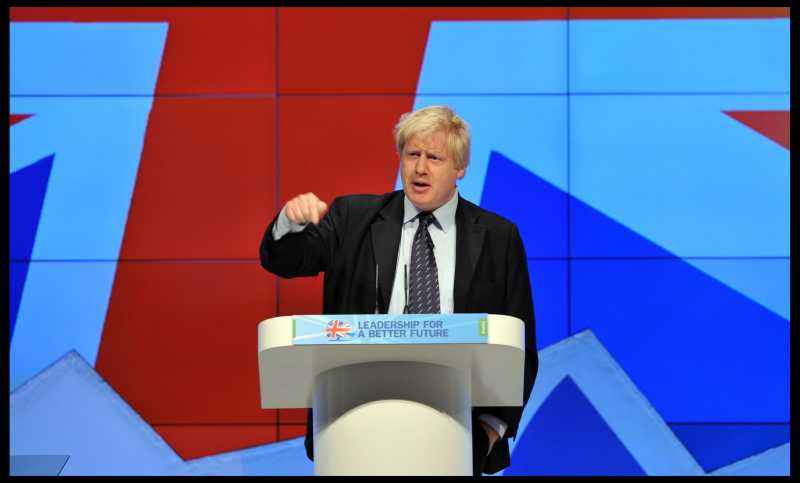London Mayor Boris Johnson has confirmed he intends to stand as an MP for the Conservative Party at next year’s general election.
But he said it was “highly unlikely” he would one day stand to become Conservative leader, replacing David Cameron, as there was “no vacancy”.
Boris has been linked to Uxbridge and South Ruislip since the sitting MP Sir John Randall announced he would be stepping down ahead of the general election.

Raymond Puddifoot, leader of Hillingdon Council, in whose borough the Uxbridge constituency sits, told The Huffington Post UK that Boris would undoubtedly be “one of the frontrunners” but that he must make up his mind “quickly”: “The process [in Uxbridge] is moving at a fair pace.”
The candidate will be confirmed in the second week of September and “if Boris is interested, he now has to make his application fairly quickly,” said the council leader, who sits on the Tories’ five-member candidate selection panel for the constituency. “We’re going to be shortlisting around 5 September.”
Alexander Boris de Pfeffel Johnson was born in New York and he held US citizenship until 2006. BBC reported. Descended from Turkish, French and German stock he describes himself as a “one-man melting pot”. His great-grandfather, Ali Kemal, briefly served as an interior minister in the Ottoman Empire.
The son of a diplomat and Conservative Member of the European Parliament, he was educated at Eton College, where he was senior to David Cameron. There is said to be a sense of resentment on Mr Johnson’s part at being usurped by his younger rival.
At Oxford University Mr Johnson, who flirted briefly with the centre left Social Democratic Party, was President of the Union. After only a week as a trainee management consultant he moved to journalism. Fired from the Times for making up a quote, he then worked for the Wolverhampton Express and Star before joining the Daily Telegraph, working as its Brussels correspondent and assistant editor.
In his seven years as MP for the ultra-safe Conservative seat of Henley from 2001 he did not make the shadow cabinet, becoming a party vice-chairman and holding roles as a junior spokesman on education and culture.
His decision to run for London mayor in 2008 added excitement to the contest. However, during the campaign he made a conscious effort to avoid any accusations of eccentricity. Most Londoners seemed to approve, as he beat Mr Livingstone by 54% to 47%.